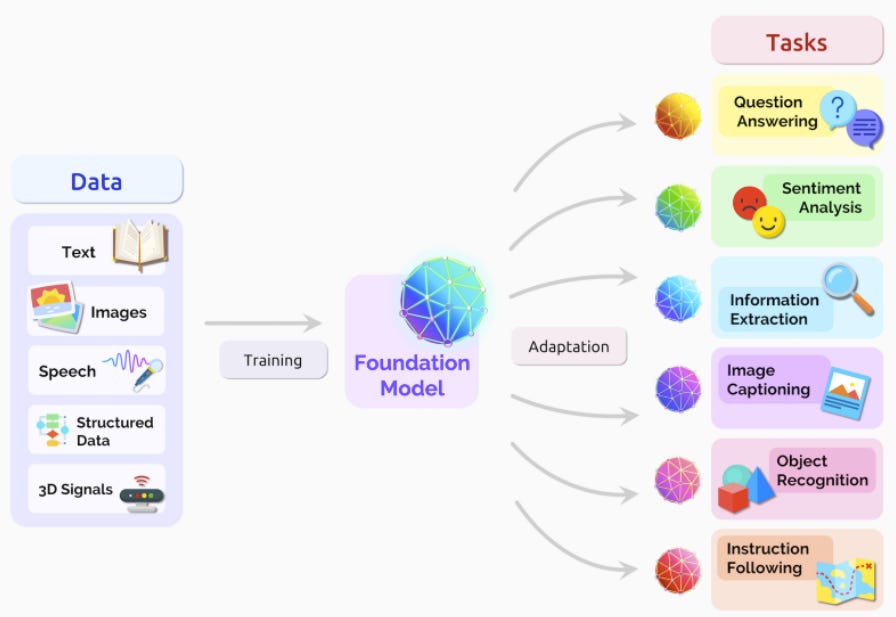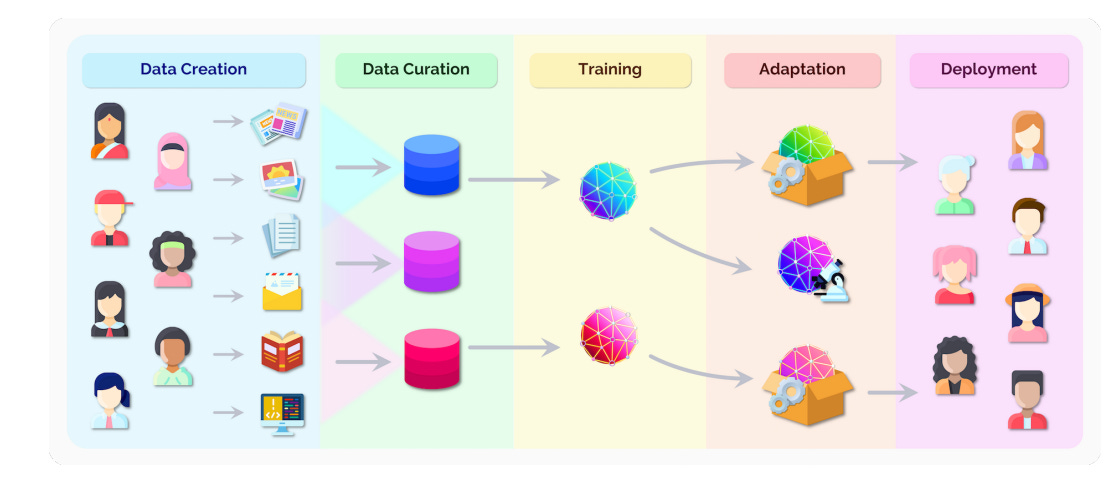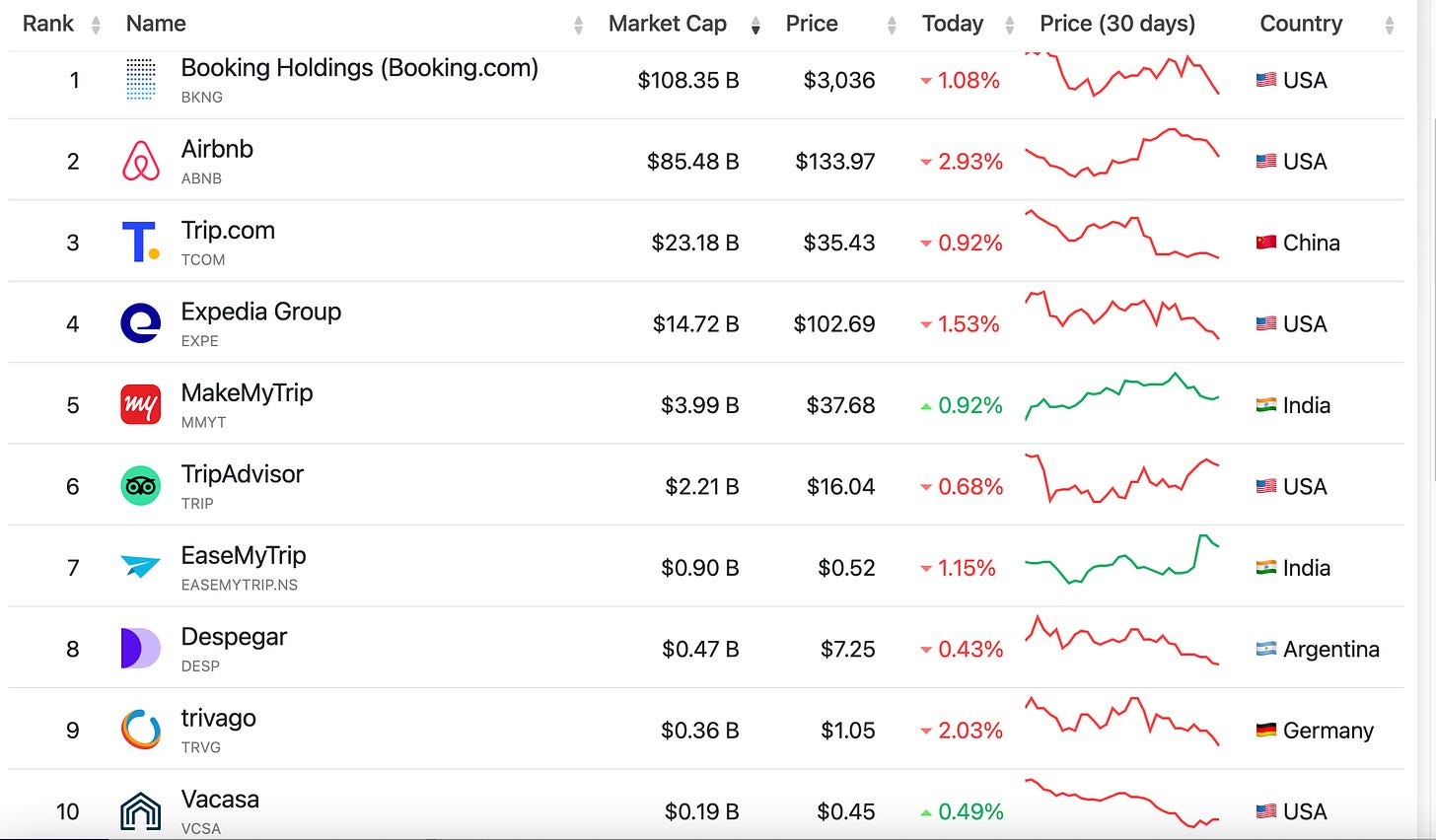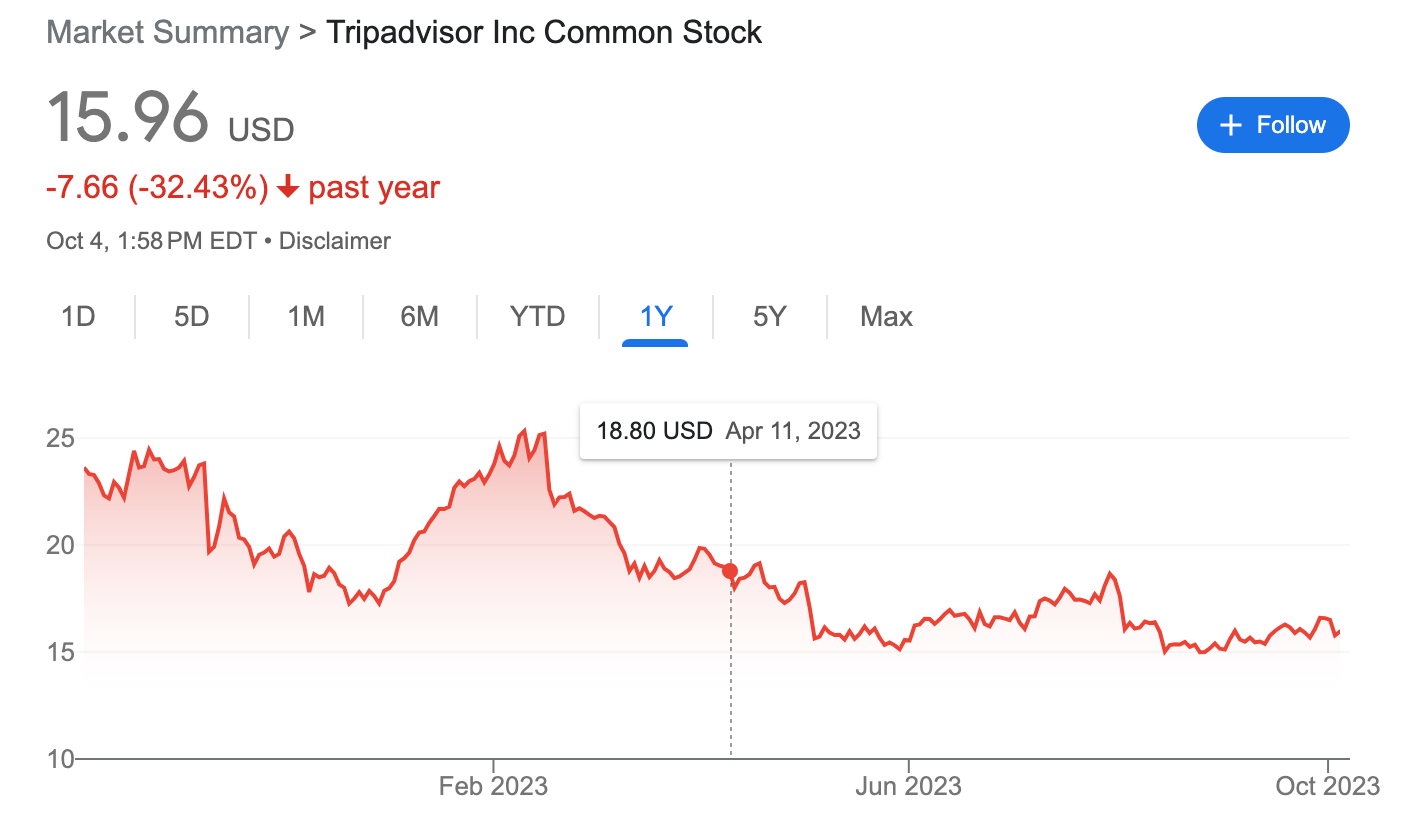User Emotions Data is a Gold-Mine: Is TripAdvisor's Stock Undervalued in the LLM Landscape?
Companies discussed Tripadvisor, Yelp, Amazon, Expedia and Booking.com
Our recent interactions with clients have centered towards evaluating the proficiency of trained LLMs—differentiating adeptly tuned models from inadequately tuned ones. This distinction is anchored in data quality.
In this piece, we will take a look at cost of LLMs, Quality of Data, Tripadvisor - a rich repository, Market Cap and Players in travel industry, AI impact on players and our recommendations to invest.
Please note: The insights presented in this article are derived from confidential consultations our team has conducted with clients across private equity, hedge funds, startups, and a leading investment bank, facilitated through specialized expert networks. Due to our agreements with these networks, we cannot reveal specific names or delve into detailed topics from these discussions. Therefore, we offer a summarized version of these insights, ensuring valuable content while upholding our confidentiality commitments.
The cost of bad data for LLMs
Training LLMs is resource-intensive, both in computing power and energy. The financial toll of training with noisy or erroneous data is hefty; for instance, retraining a 530-billion parameter model could incur a staggering ~$100M cost, phew! Training a 530-billion parameter model on vast text datasets demands robust infrastructure. Microsoft and NVIDIA utilized hundreds of DGX A100 multi-GPU servers priced at $199,000 each. Including networking and hosting costs, replicating this experiment could approach a $100 million expenditure.
Quality Data: A Prerequisite for Robust LLM
With this huge CAPEX investment, clients now demand top-tier data that meets Data Quality KPIs for training LLMs. These Data KPI metrics include completeness, accuracy, consistency, uniqueness, timeliness, and validity. This is where platforms like TripAdvisor, Yelp or Amazon can provide rich, varied language use, sentiments, and domain-specific information. When LLMs are fine-tuned with this data, they can better understand and generate text relevant to these domains, improving their performance in generating responses, recommendations, or insights that are more aligned with user expectations and experiences.
Source:https://arxiv.org/pdf/2108.07258.pdf
As depicted below, the journey of training an LLM initiates with user data, encapsulating a spectrum of emotions and reviews at its core. On both end of this spectrum lie individuals, whose interactions and expressions fuel the LLM's learning process.
Source:https://arxiv.org/pdf/2108.07258.pdf
Now, think about TripAdvisor - 500 million traveler reviews and opinions. Each review is a repository of sentiments, expressions, and unique experiences, forming a treasure trove of data. This wealth of authentic user-generated content is akin to a gold mine for honing a high-quality trained LLM, providing a rich, diversified training ground that can significantly elevate the model's ability to understand and generate human-like, contextually rich, and sentiment-aware responses.
Market Cap and players
Let's delve into the market domain TripAdvisor operates within. The first one in the chart below with highest cap - Booking Holdings (owns Booking.com, Priceline, Agoda, and Kayak - about 25% market share). Booking has 28 million reported listings worldwide. Its initial success is often attributed to its agency model and aggressive M&A strategy. Tripadvisor comes on the 6th rank here. Vacation Rental Platform Airbnb has done well in recent years.
Source: companiesmarketcap
The online travel industry is a complex ecosystem with various players, each having its role and influence:
Online Travel Agencies (OTAs): These are platforms like Expedia, Booking.com, and TripAdvisor. They aggregate hotel, flight, car rental, and sometimes tour package listings, allowing users to compare prices and book directly through their platform.
Direct Service Providers: These include airlines, hotel chains, car rental companies, and tour operators. While they often have their own booking platforms, they also rely on OTAs to expand their reach.
Vacation Rental Platforms: Airbnb is a notable example. These platforms allow individuals to list their properties for short-term rentals.
Global Distribution Systems (GDS): These are vast computer networks that facilitate transactions between service providers (like airlines) and travel agencies. They play a crucial role in distributing rates and availability to various OTAs and travel agents.
Review and Information Platforms: TripAdvisor is a prime example, providing user reviews and other travel-related content.
Overview of AI’s impact on the travel industry
The integration of AI and machine learning in the travel industry has brought about transformative changes, particularly for online platforms like TripAdvisor, Expedia, and Booking.com. Here's a comprehensive overview of the impact:
Enhanced Customer Understanding
Disruption of Traditional Travel Agents: Platforms like Kayak, Booking.com, and Expedia have already disrupted the traditional travel agent industry. Remember those calls that parents made!
Personalized Recommendations: Scroll below for video.
Chatbots and Customer Service
Recommender Systems
and many more….
AI is not just enhancing the online travel industry; they are reshaping it. Companies that effectively harness these technologies can offer superior experiences, streamline operations, and stay ahead of the competition. However, it's essential for these companies to strike a balance, ensuring that the human touch remains integral to the travel experience.
Expedia and Booking.com’s Recent AI moves
Expedia and Booking.com, As OTAs, they have faced challenges from direct booking campaigns by hotels and airlines. However, their vast inventory and user-friendly interfaces make them go-to platforms for many travelers. With AI and machine learning, they can offer more personalized experiences, dynamic pricing, and improved search functionalities. However, they need to adapt to changing traveler behaviors, like the rise of vacation rentals or eco-tourism trends and more importantly AI.
Expedia announced an exciting new use for artificial intelligence with the beta launch of a new in-app travel planning experience powered by ChatGPT. Expedia members can now start an open-ended conversation in the Expedia app and get recommendations on places to go, where to stay, how to get around, and what to see and do based on the chat.
Let’s see how that works.
Booking.com announced its new AI Trip Planner, which will launch in beta to a selection of US travelers in the company’s app on June 28. the AI Trip Planner is also partially powered by OpenAI’s ChatGPT API to create a new conversational experience for people to start their trip planning process.
“Our primary aim at Booking.com has always been to leverage technology to make travel easier,” said Glenn Fogel, CEO of Booking.com.
Let’s see how it looks like.
Case of TripAdvisor
Just for a moment, let’s talk about Tripadvisor’s recent performance. It is estimated to be 30% undervalued based on current share price of US$15.96.
When I first used TripAdvisor, it was primarily a platform to read and write reviews. Now, it's a tech powerhouse, leveraging AI to curate content, optimize user experience, and even detect fake reviews. Tripadvisor launched AI product in July 2023 - This new AI feature (currently in public beta) creates personalized travel itineraries utilizing OpenAI’s generative AI technology. It leverages human insights from over a billion reviews and opinions of the more than eight million businesses listed on Tripadvisor.
With a mix of excitement and skepticism, I decided to test out this new feature. "Let's see how it works," I thought. I entered my destination - Cancun, my travel month - November, and candidly admitted my cluelessness about the place. I needed a plan, and I was eager to see if this AI tool could deliver.
Almost instantly, a meticulously crafted day-by-day itinerary appeared on my screen. It wasn't just a list; it felt like a journey tailored just for me. From exploring the ancient Mayan ruins of Tulum to indulging in Cancun's vibrant nightlife, the recommendations covered a spectrum of experiences. It suggested local eateries that promised a culinary adventure, and even hidden gems like the underwater museum, MUSA.
What impressed me further was the depth of information. For every recommendation, there were reviews from fellow travelers, tips on the best time to visit, and even safety precautions to keep in mind. It felt like having a seasoned local guiding me through the planning process.
As I interacted with the content, I found options to bookmark places of interest, creating a personalized travel board. I could also share this with my travel companions, ensuring we were all on the same page.
It is pretty cool!
Sanjay Raman, Chief Product Officer at Tripadvisor said, “Personalized results and recommendations from fellow travelers are two of the most important elements of the planning process and generative AI has helped us bring them together in a way we think will be really compelling for travelers. Over the coming months, we’ll continue to upgrade our Trips product – improving the personalization of AI-powered itineraries and expanding the suite of travel planning tools we offer.”
During this beta phase, TripAdvisor’s AI feature will only be accessible to users in the United States via desktop and mobile web, with a focus primarily on experience, attraction, and dining recommendations. Tripadvisor plans to make the feature available in more markets and on native app platforms as the beta progresses. U.S. users can try the latest version of Trips here.
When comparing the AI-driven travel planning features of Tripadvisor with those of Booking.com and Expedia, Tripadvisor appears to stand out in terms of the depth and thoughtfulness of its recommendations. While Booking.com and Expedia have AI powered chatbots, Tripadvisor's approach to harnessing AI seems more nuanced and user-centric.







